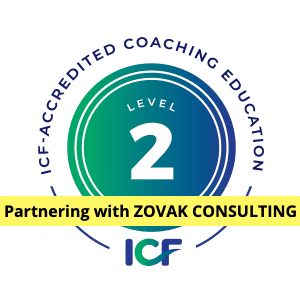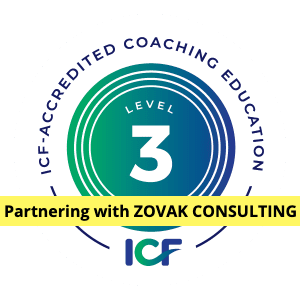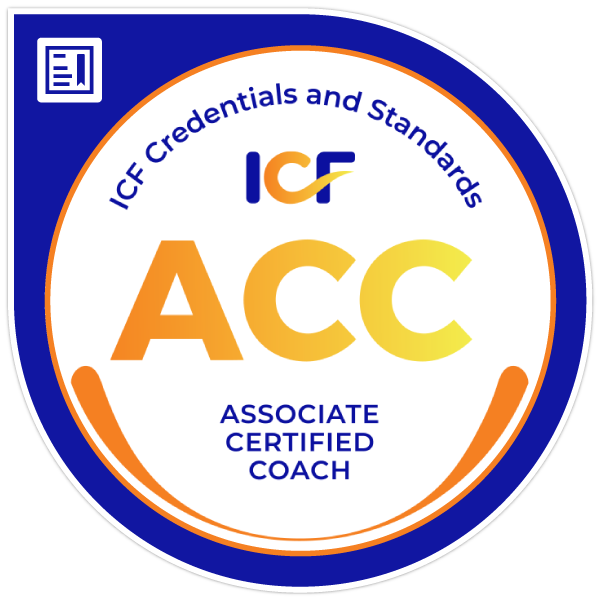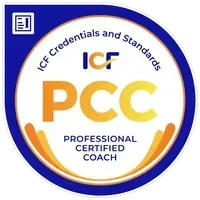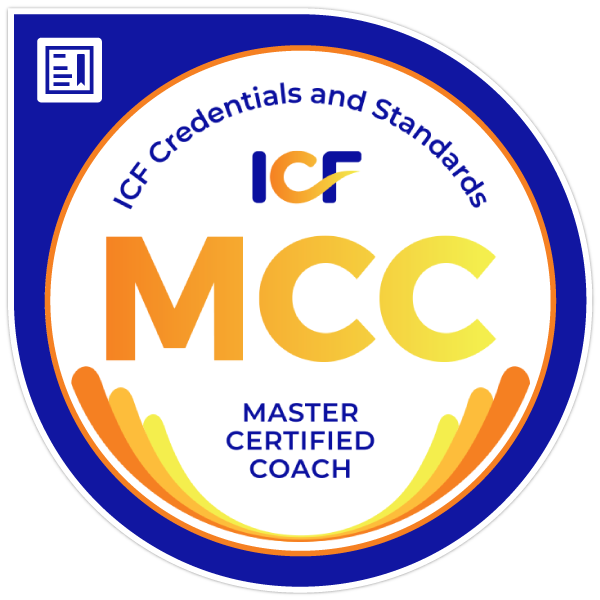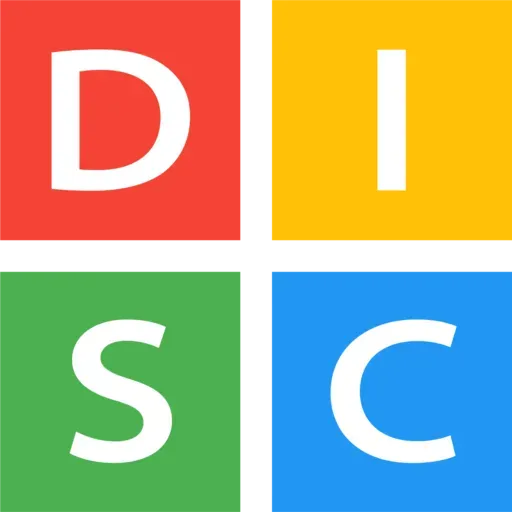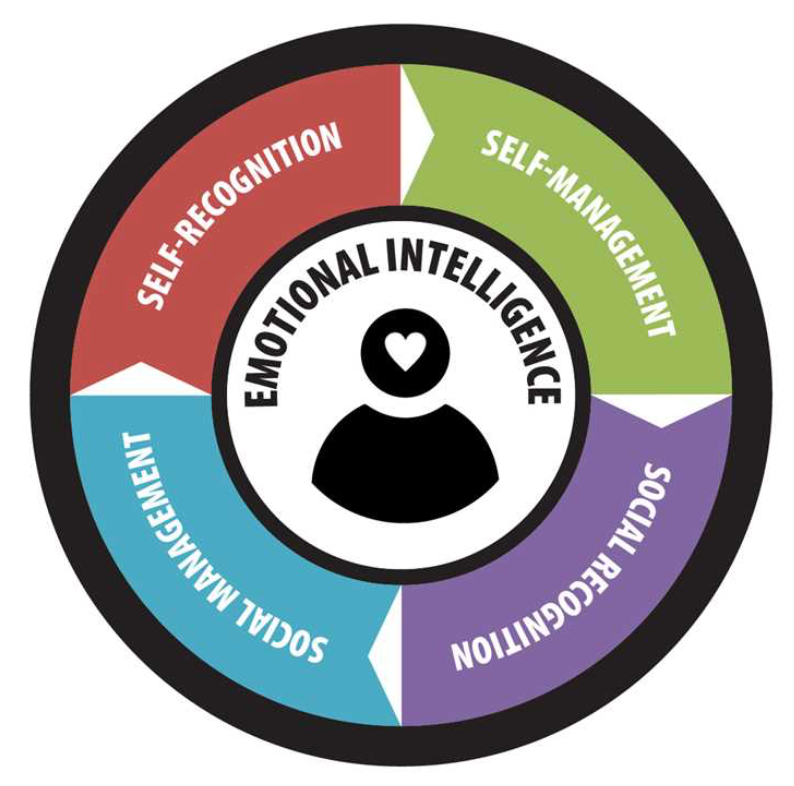Adaptive Leadership in a Changing World
Strategies for Resilient Decision-Making
Ethical Leadership in an Uncertain World
In today’s fast-paced and unpredictable world, leaders must navigate challenges with agility, innovation, and resilience. Ethical leadership plays a critical role in fostering trust, guiding teams through uncertainty, and ensuring decisions align with core values. The ability to adapt while maintaining clarity and confidence is no longer optional—it is essential.
What is Adaptive Leadership?
Adaptive leadership is a framework that empowers leaders to respond effectively to change, address challenges, and guide their teams through transformation. Unlike traditional leadership approaches that rely on fixed strategies, adaptive leadership emphasizes flexibility, continuous learning, and problem-solving in real time.
Transformational leadership coaching helps leaders recognize that the solutions of yesterday may not work for today’s problems. By cultivating a growth mindset, they embrace change, encourage collaboration, and foster an environment where innovation thrives.
Key Strategies for Adaptive Leadership Decision-Making
To successfully lead in a rapidly evolving world, leaders must adopt strategies that enable them to make sound decisions. Executive coaching and internal coaching development provide critical support in strengthening adaptive leadership. Here are three key approaches:
1. Cultivating a Growth Mindset for Agility
Rigid leadership styles can be a liability in dynamic environments. The most effective leaders develop adaptive leadership strategies by embracing continuous learning and encouraging their teams to do the same. To build agility:
- Develop a mindset of growth and adaptability, ensuring ongoing personal and professional development.
- Stay informed about industry trends, emerging technologies, and global shifts that impact decision-making.
- Be willing to challenge assumptions, pivot when necessary, and explore alternative solutions.
2. Fostering a Culture of Trust and Collaboration
Leaders who cultivate a culture of trust and open dialogue empower their teams to think creatively and solve problems proactively. Transformational leadership coaching helps leaders:
- Encourage team members to share insights and ideas without fear of failure.
- Promote cross-functional collaboration to leverage diverse perspectives.
- Reward experimentation and calculated risk-taking to drive innovation and resilience.
3. Strengthening Decision-Making Under Pressure
In uncertain situations, leaders must make timely and effective decisions. Through executive coaching and internal coaching development, leaders can refine their decision-making skills by:
- Prioritizing data-driven insights while remaining adaptable to new information.
- Using scenario planning to anticipate possible outcomes and prepare for contingencies.
- Developing emotional intelligence to manage stress and maintain focus under pressure.
Leading with Resilience
Adaptive leadership is about more than just surviving change—it’s about thriving in it. By embracing agility, fostering innovation, and strengthening decision-making, leaders can confidently drive their organizations forward. Ethical leadership and transformational leadership coaching ensure that decisions remain grounded in integrity, while executive coaching and internal coaching development help leaders continuously evolve.
In a world where uncertainty is the only certainty, the most effective leaders are those who adapt, grow, and inspire resilience. Are you ready to lead with confidence?
All Rights Reserved | Vanguard XXI




